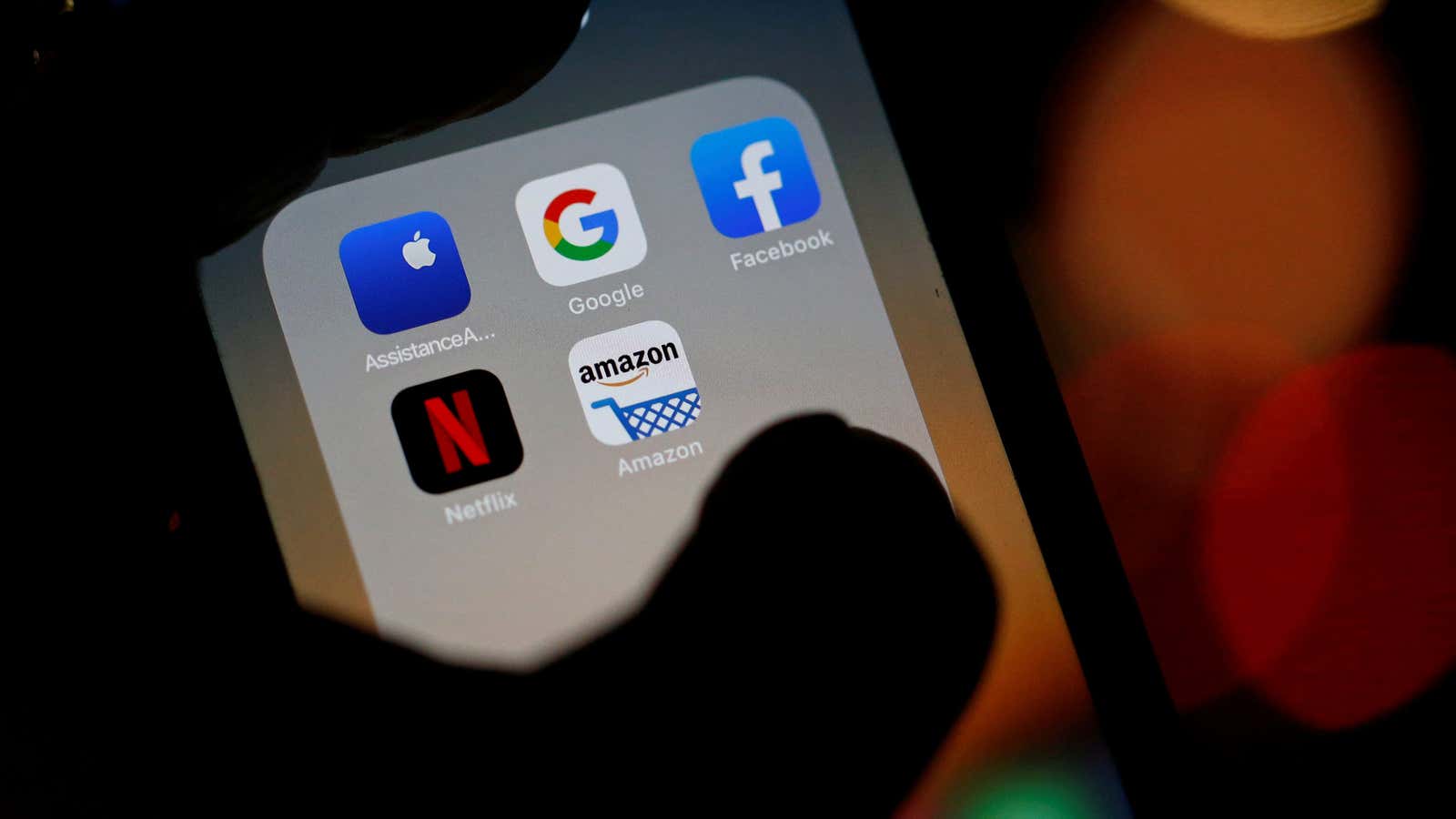When Netflix first launched in Africa in 2016, early predictions suggested it was likely run into unique problems it had not faced elsewhere, from users’ spotty internet connectivity to questions over its pricing.
Five years later, the streaming giant is starting to tweak its Africa playbook by adapting to local market realities on the continent. Netflix has been testing cheaper, mobile-only subscription plans among users on the continent with a view to a mass rollout.
The new “Mobile” and “Mobile+” plans are priced much lower than Netflix’s current Basic, Standard and Premium plans while limiting users’ flexibility. For instance, the Mobile plan will only allow users a simultaneous stream on a smartphone and tablet while the Mobile+ plan includes the option of watching on a laptop.
After first being tested in Egypt in 2018 and South Africa in 2019, the mobile-only plans are now being tested more broadly across the continent. Nigeria, Africa’s largest internet market, particularly holds promise for Netflix as it will be home to over 100 million mobile internet users by 2025.
But beyond the numbers, Nigeria’s Nollywood movie industry has also been dominant beyond its borders, drawing audiences from across several Sub Saharan African countries. “We’ve had the same three plans for several years now and this test offer reflects significant usage of and preference for mobile in Nigeria,” a Netflix spokesperson says. “We’ll only roll this out longer term if people value the increased flexibility.”
Netflix’s bet on mobile plans are an acknowledgment of long-standing trends of heavy mobile usage in African countries, especially given major gaps in availability of fixed broadband services—and latest data suggest the continent’s mobile adoption is not slowing down anytime soon.
By 2025, nearly half a billion Africans will be using mobile internet across sub-Saharan Africa while smartphone penetration across the region will reach 65%—up from 44% in 2019, GSMA estimates show. More importantly for media and entertainment players like Netflix, mobile data consumption in the region is also expected to grow more than fourfold, largely given the continued increase in smartphone adoption as well as deepening investment by mobile operators to upgrade network capabilities.
But Netflix’s growth strategy in Africa is not just limited to testing mobile-only plans. The streaming giant is also making good on a commitment to produce original African content with major investment ongoing mainly in Nigerian and South African movie industries. Queen Sono, Netflix’s first script-to-screen African original production set in South Africa, has been renewed for a second season based on the success of the first season while a slate of new Nigerian films as well as an original series were also confirmed last month.
Netflix’s focus on boosting its growth in Africa is part of a wider trend: despite a bump in new subscriptions in the US due to coronavirus lockdowns, industry watchers predict Netflix is nearing market saturation in the US and, as such, must pursue global expansion plans.
Sign up to the Quartz Africa Weekly Brief here for news and analysis on African business, tech, and innovation in your inbox
